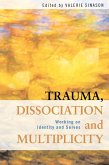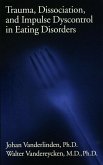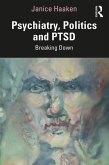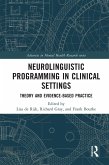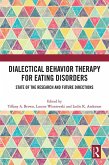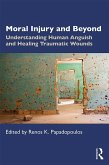It is well known that individuals with eating disorders report high rates of trauma exposure and often have co-occurring posttraumatic stress disorder (PTSD). However, most research to date has focused on the prevalence of trauma/PTSD among people with eating disorders or cross-sectional associations among these conditions. Although trauma histories and PTSD can impact eating disorder treatment and recovery, very little is known about mechanisms of these associations, which could represent important treatment targets, and few longitudinal studies have investigated these associations. Further, little research has examined trauma-focused eating disorder treatment or integrated treatment for comorbid eating disorders and PTSD. The chapters in this volume fill these critical gaps with a focus on mechanisms and treatment. They focus on new contributions to the trauma exposure/PTSD-eating disorder link, potential mediators of the association between trauma/PTSD and eating disorders, and developing effective treatments for comorbid eating disorders and PTSD. The book discusses the functional relationships between trauma, PTSD, and ED symptoms and highlights potential treatment approaches, to advance this important field of research. This book will be relevant to students, professionals, and researchers in the fields of psychology, mental health and social work.
The chapters in this book were originally published as a special issue of Eating Disorders: Journal of Treatment and Prevention.
Dieser Download kann aus rechtlichen Gründen nur mit Rechnungsadresse in A, B, BG, CY, CZ, D, DK, EW, E, FIN, F, GR, HR, H, IRL, I, LT, L, LR, M, NL, PL, P, R, S, SLO, SK ausgeliefert werden.




